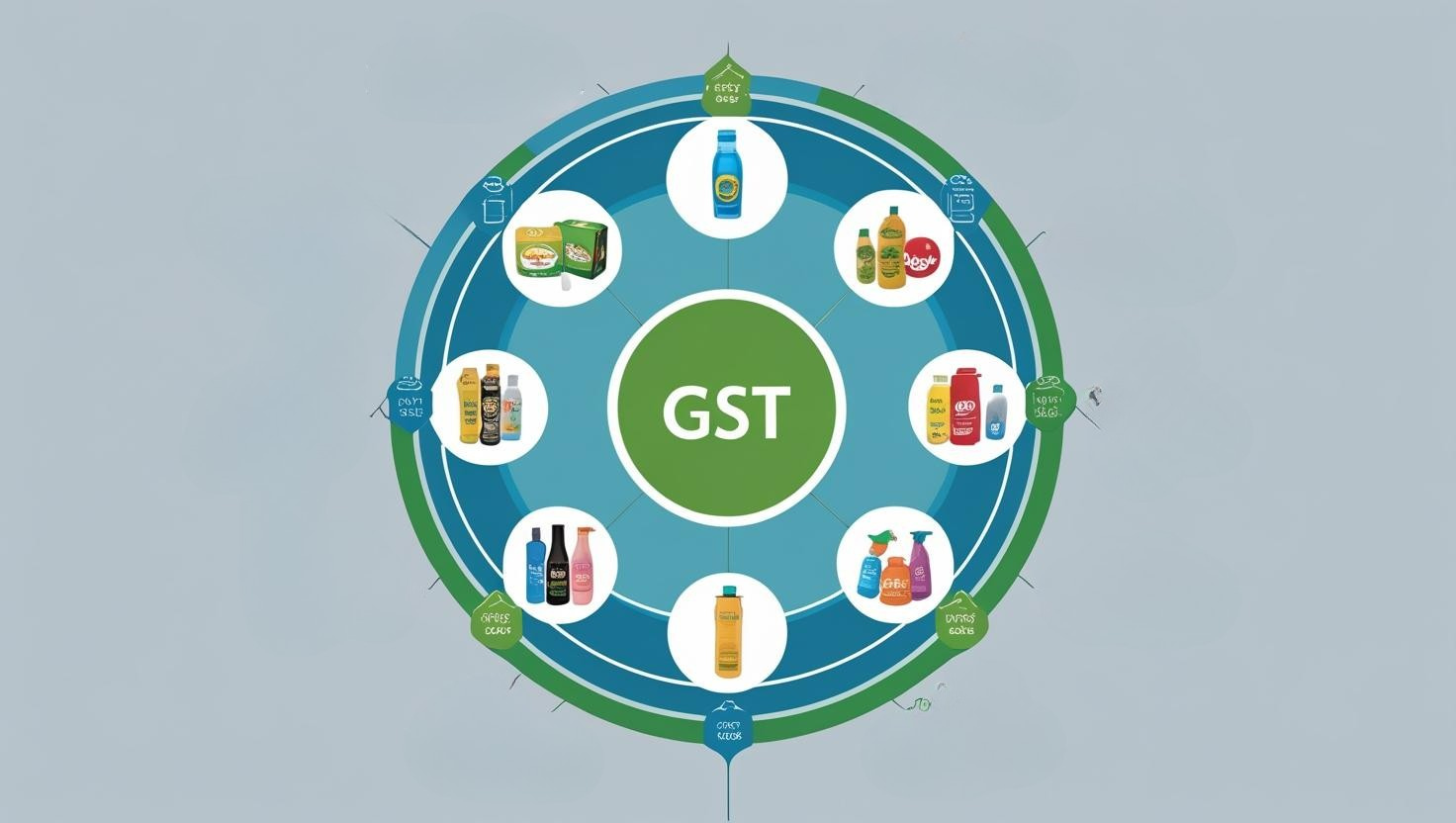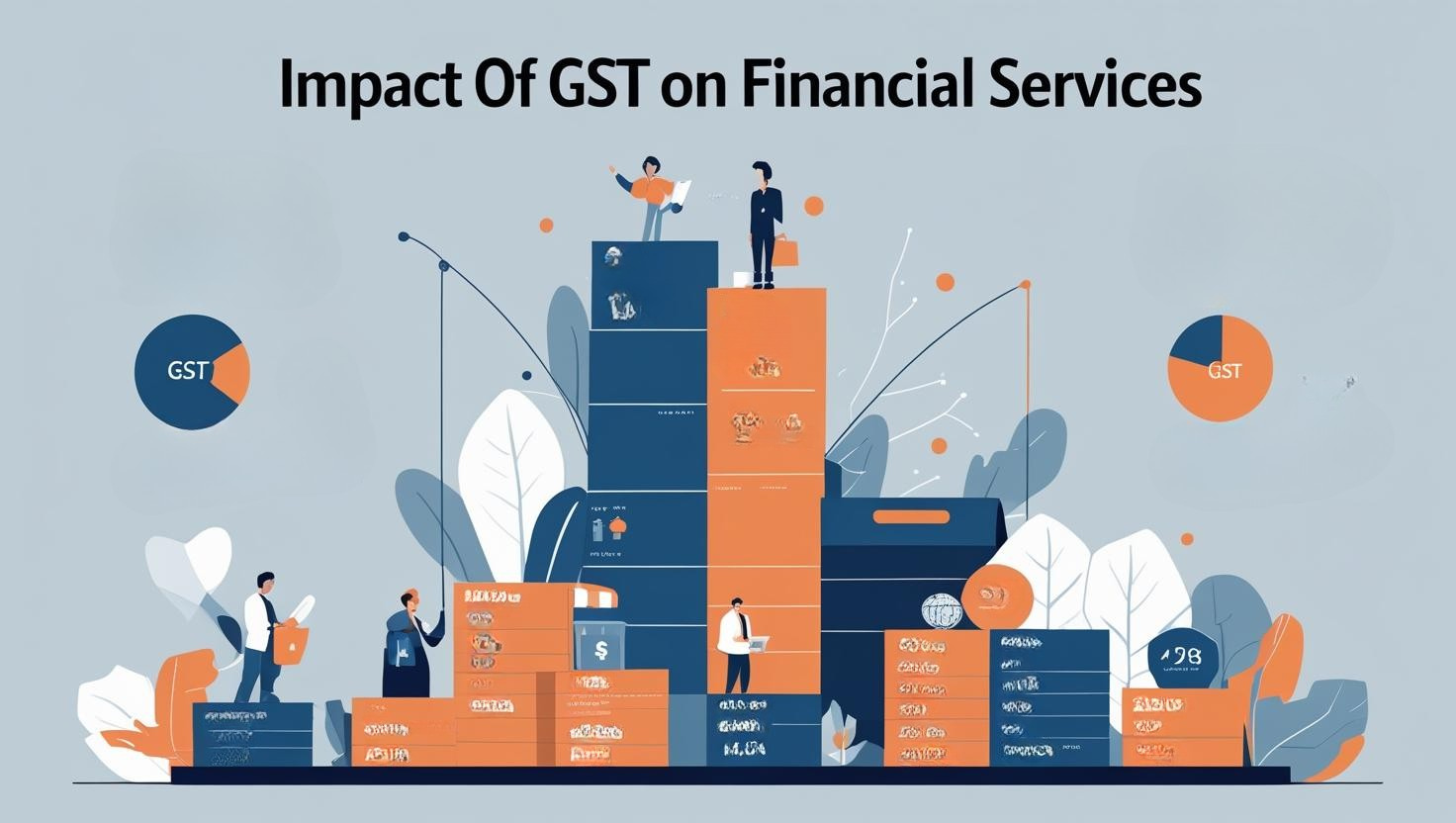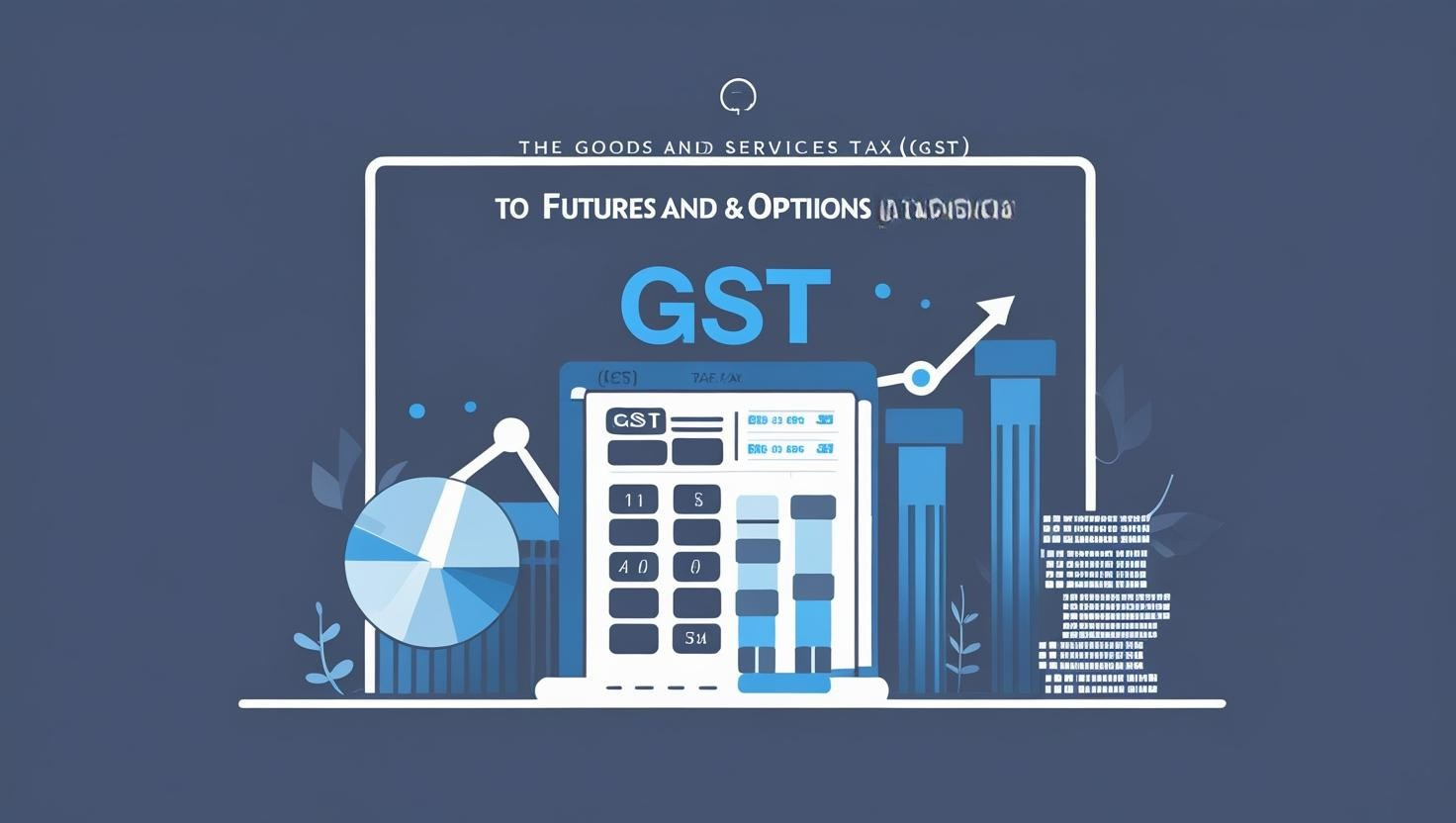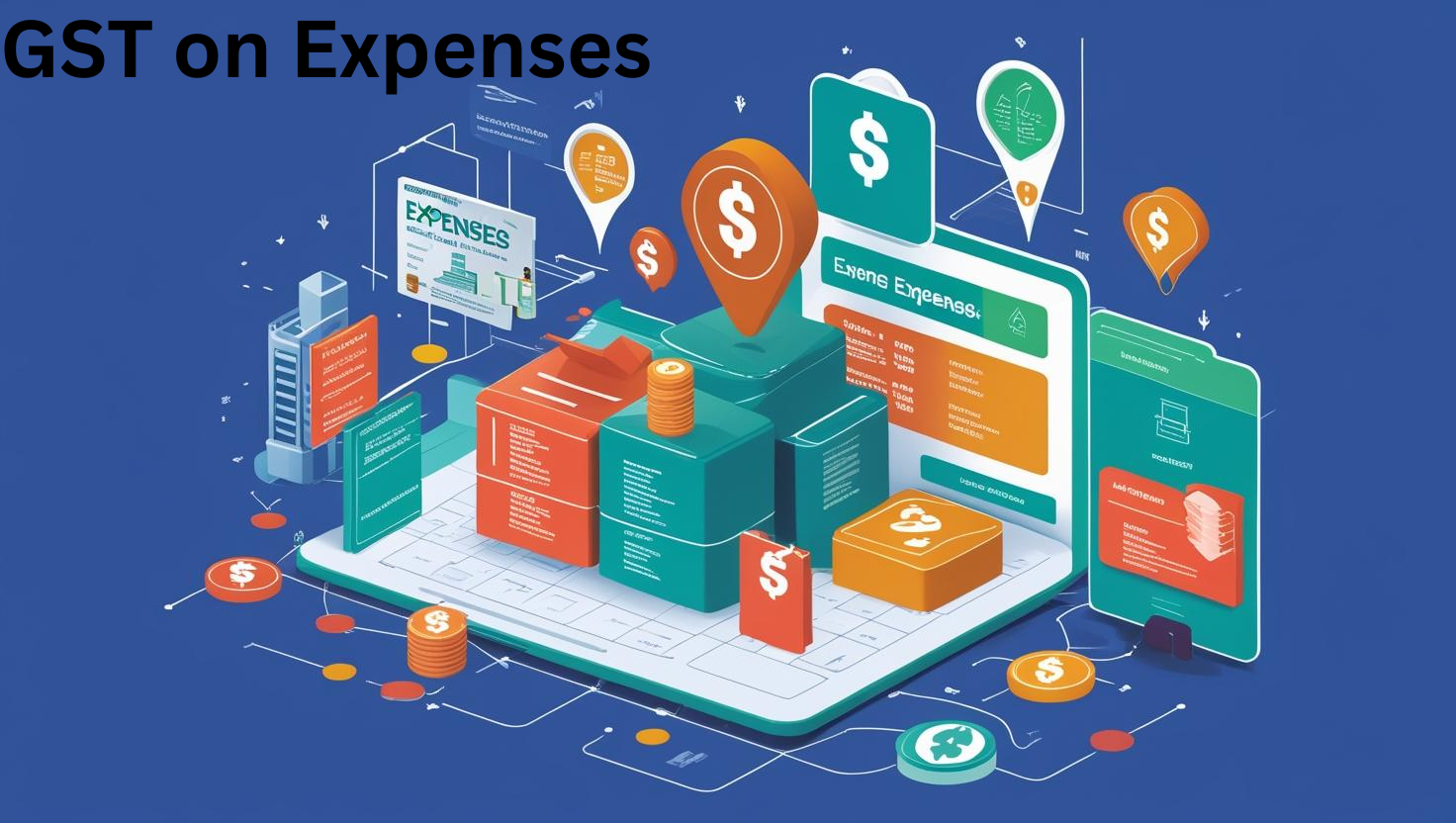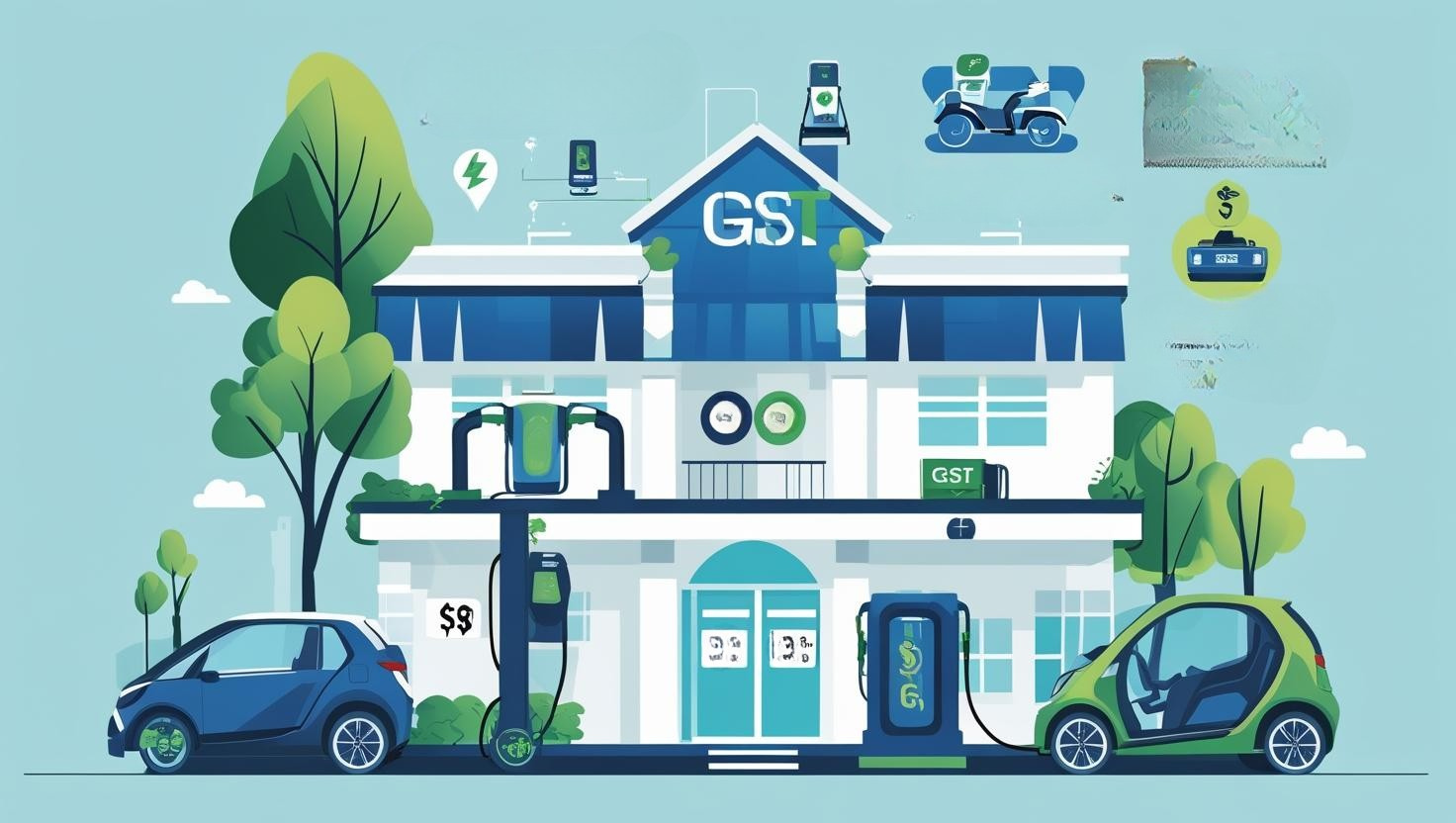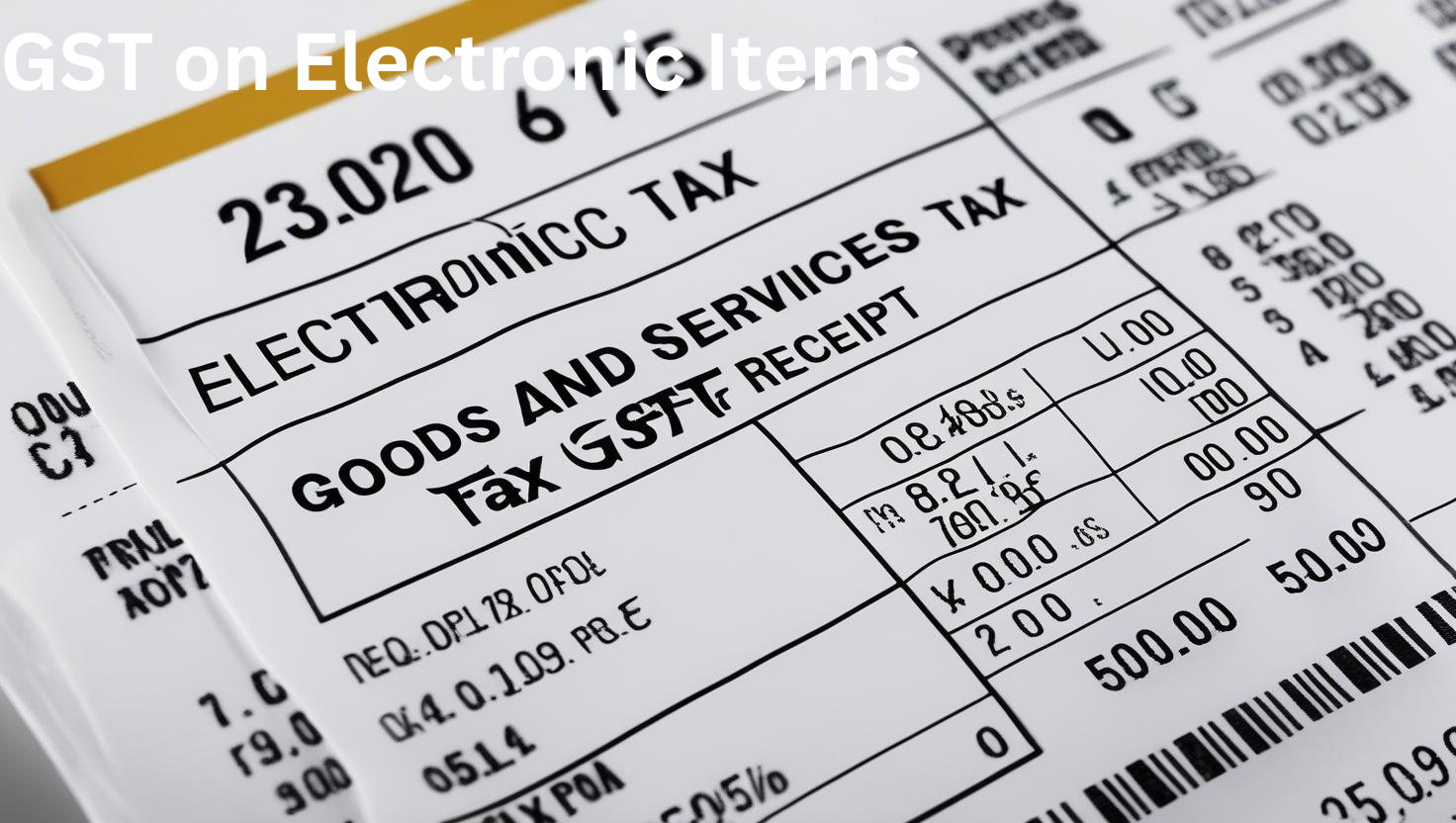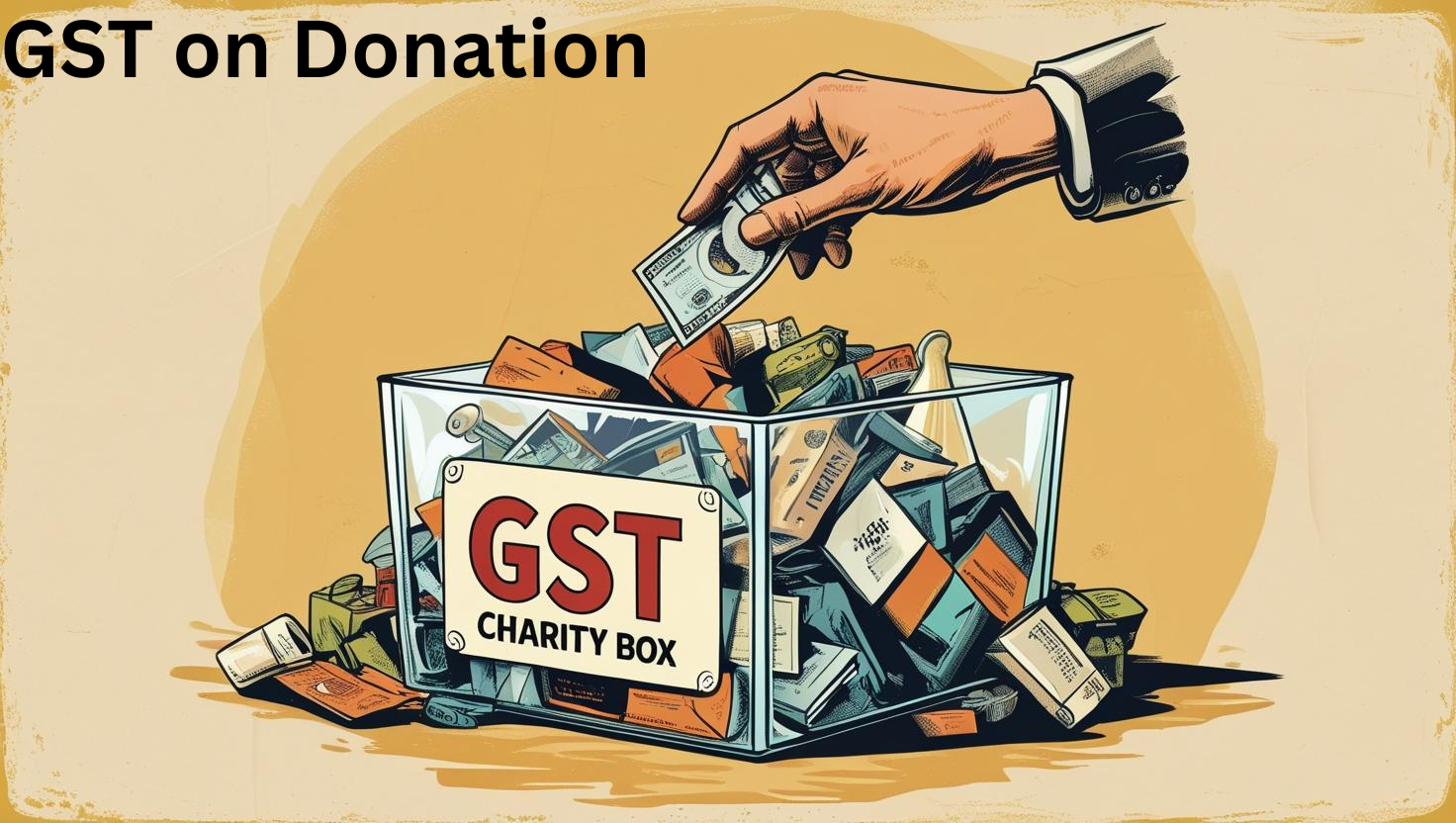Lease or rental of immovable property for business attracts GST at 18% as a service. GST at 18% applies to rent for commercial spaces, treating it as a taxable service.
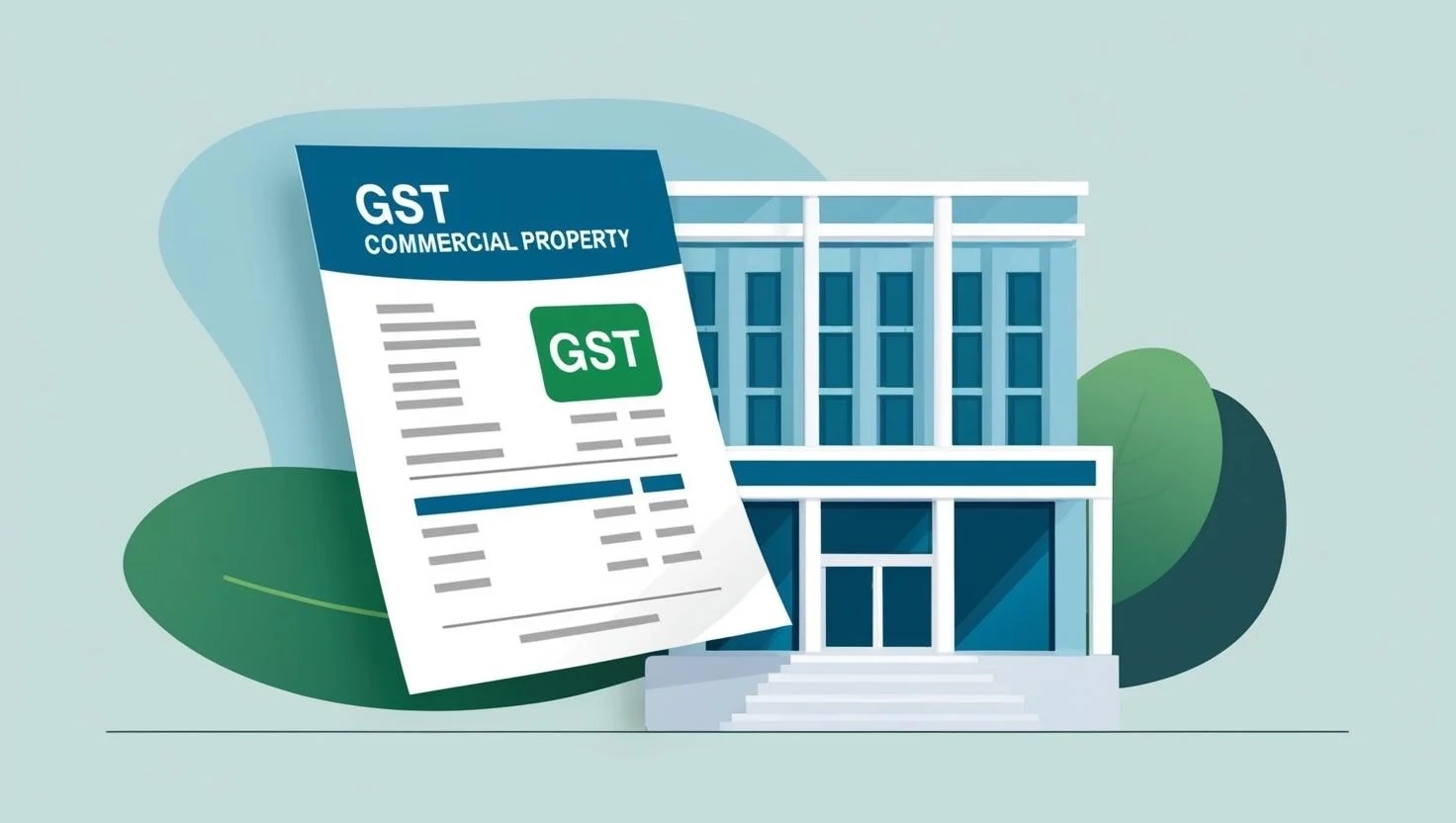
Applicability of GST on Commercial Property
- GST on Rent Paid on Commercial Property: If you own a building and rent it out for business purposes, like stores or offices, you must add 18% GST to your request rent. This is required by law.
- GST on Commercial Property Sales: GST applies when you sell a commercial building. If the building is not fully built yet, there’s an 18% GST on the sale. But if it is completely built and you sell it after it’s officially finished, you might not need to charge GST.
Tax on Rental Income in the Pre-GST era
During the pre-GST era, the landlord had to obtain a service tax registration if their total taxable services (including the rental income from all properties) exceed Rs.10 lakh per year. As long as the rental income (from all the properties that have been rented out) does not exceed Rs.10 lakh per year, the landlord would not be attracted to service tax.
Under the previous tax regime, commercial properties alone, that were let out would attract service tax. This applies even if a residential property is used for commercial purposes. Service tax was levied at 15% of the rent, for commercial properties. Moreover, the rental income from residential properties did not attract service tax.
GST Rates on Commercial Property
- Renting Out Commercial Space: If you rent a space for business, like a store or an office, you need to charge an 18% GST on the rent. This is a must.
- Selling New or Under-Construction Commercial Property: If you are selling a commercial property that’s still being built or just finished, you must apply a 12% GST on the sale.
- Selling Completed or Resold Commercial Property: If your property is all built and you are selling it after it’s done, you don’t need to add GST.
GST on Commercial Property Rent
When you rent out commercial property, it’s essential to include GST. Landlords must add an 18% GST to the GST to the rental charges. This addition is mandated by tax laws to ensure that the government’s tax revenues are maintained. On the flip side, tenants who use these properties for their businesses can claim this GST as an input tax credit. This means they can deduct the GST they have paid on their rent from their tax obligations. Adhering to these guidelines helps both parties comply with tax regulations while effectively managing their financial liabilities.
What are the ITC Provisions when GST is Paid on Rental Income?
When GST is applicable on rent, the tenant paying the rent is entitled to claim an Input Tax Credit if they are registered under the GST Act. The taxpayer can claim a credit of the GST paid on the amount of rent.
However, ITC can be claimed only if the property is a commercial property or used for commercial purposes. At the same time, if a residential rented property is used for commercial purposes, the GST payer can claim an Input Tax Credit for the tax paid.
Also, the GST charged should be deposited with the government to claim ITC. Therefore, the tenants must make sure that the GST collected has been deposited with the government before claiming ITC. It is also important to fulfill all the conditions for claiming ITC before claiming it.
ITC on Repair and Renovation
GST paid on repairs, maintenance, brokerage, and similar expenses for rented properties qualifies as an input tax credit (ITC) only if these costs are not capitalized. Section 17(5) of the CGST Act restricts taxpayers from claiming ITC on certain expenditures.
For instance, ITC cannot be claimed for goods or services used to construct immovable property on one’s own account, even if used for business purposes. However, expenses like repairs and brokerage related to rental properties are eligible for ITC, provided they are not capitalized in the landlord’s books.
FAQs
Q1. residential rent free from GST?
Yes, rent earned from letting out residential property or to an individual who uses the property as a place of residence is free from GST.
Q2. GST on Commercial Property Construction?
- GST Rate: There’s an 18% GST on the construction of commercial properties. This total includes both Central GST (CGST) and State GST (SGST), each making up half of the rate.
- Input Tax Credits: Developers can claim back some of the GST they spend on construction. They can do this for the GST paid on building materials and services used during construction.
Q3. Is commercial rent exempt from GST?
No, commercial rent is not exempt from GST. Under the GST Act, leasing or renting of commercial property, including shops, offices, or warehouses, falls under the category of supply of services and attracts GST @18%. However, small taxpayers who have an annual turnover of less than Rs.20 lakhs are exempted from GST on rental income.
Q4. Impact of GST on Commercial Property Transactions?
- Clear Rules Make Things Clearer: GST helps everyone understand the taxes involved in property deals, making the whole process more open and easy to understand.
- Necessary for Rental Talks: When people agree to rent commercial spaces, they must consider GST. This is important because it affects how much money is exchanged.
- Developers Need to Plan for GST: People who build commercial properties must include GST when figuring out their costs. This ensures their pieces are correct and include all the taxes they must pay.
Q5. Who needs to register for GST when renting property?
If you rent out property to a business and your total annual income (including rent and other earnings) exceeds ₹20 lakh, you must register for GST and pay tax on the rent. This requirement applies to both landlords and tenants, provided the tenants are registered businesses.
Q6. How to calculate GST on commercial property?
To calculate GST on commercial property, multiply the taxable amount by the GST rate, typically 18% for rentals and 12% for new constructions.
Q7. How does GST impact commercial property leases?
GST at 18% must be added to lease agreements for commercial properties, and this cost is usually passed on to tenants.
Q8. What is the GST rate for commercial property under construction?
The GST on commercial property under construction is 12%.
Q9. Can I claim GST credits on commercial property construction?
Developers can claim the Input Tax Credit (ITC) for GST paid on construction inputs.
Related Resources


